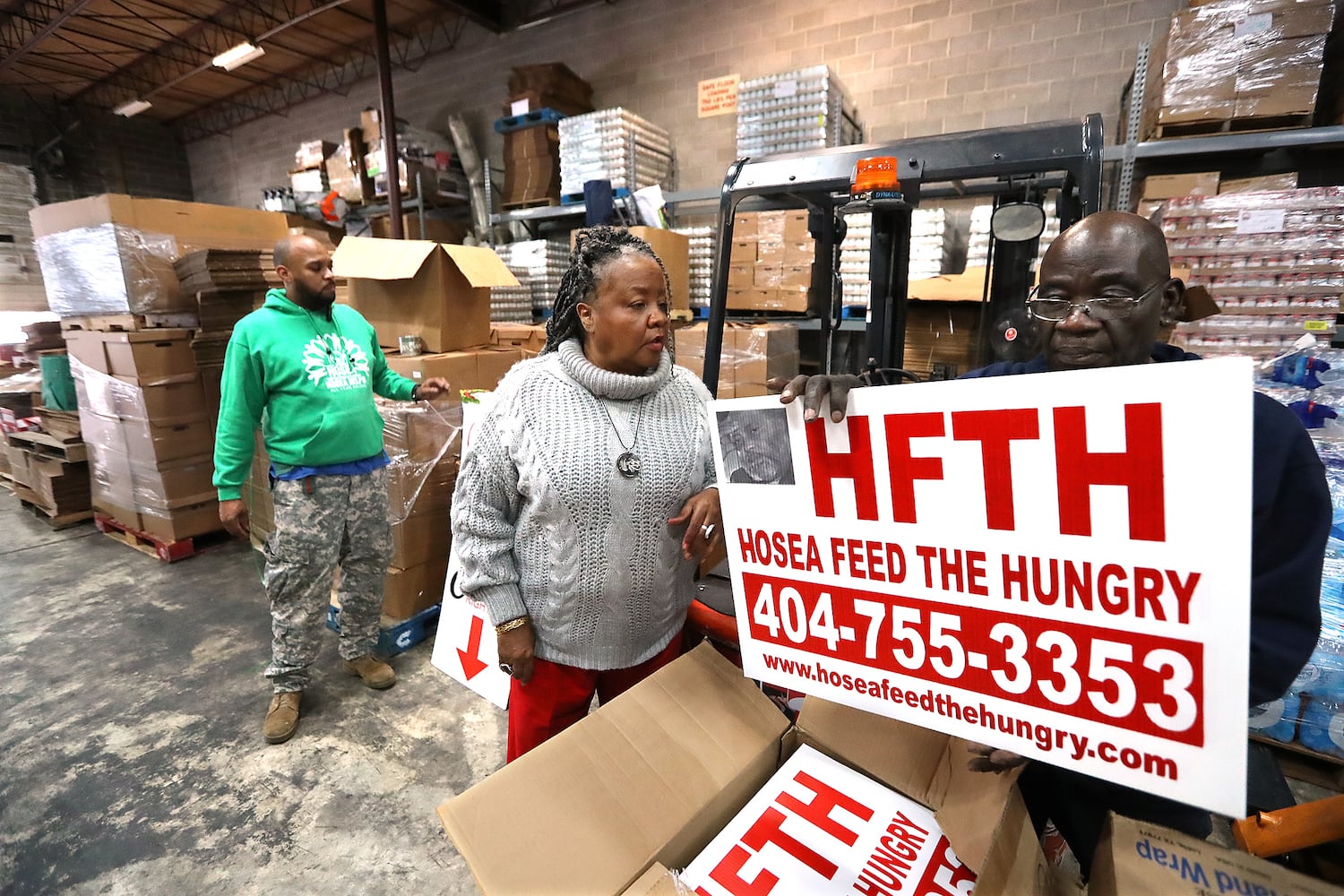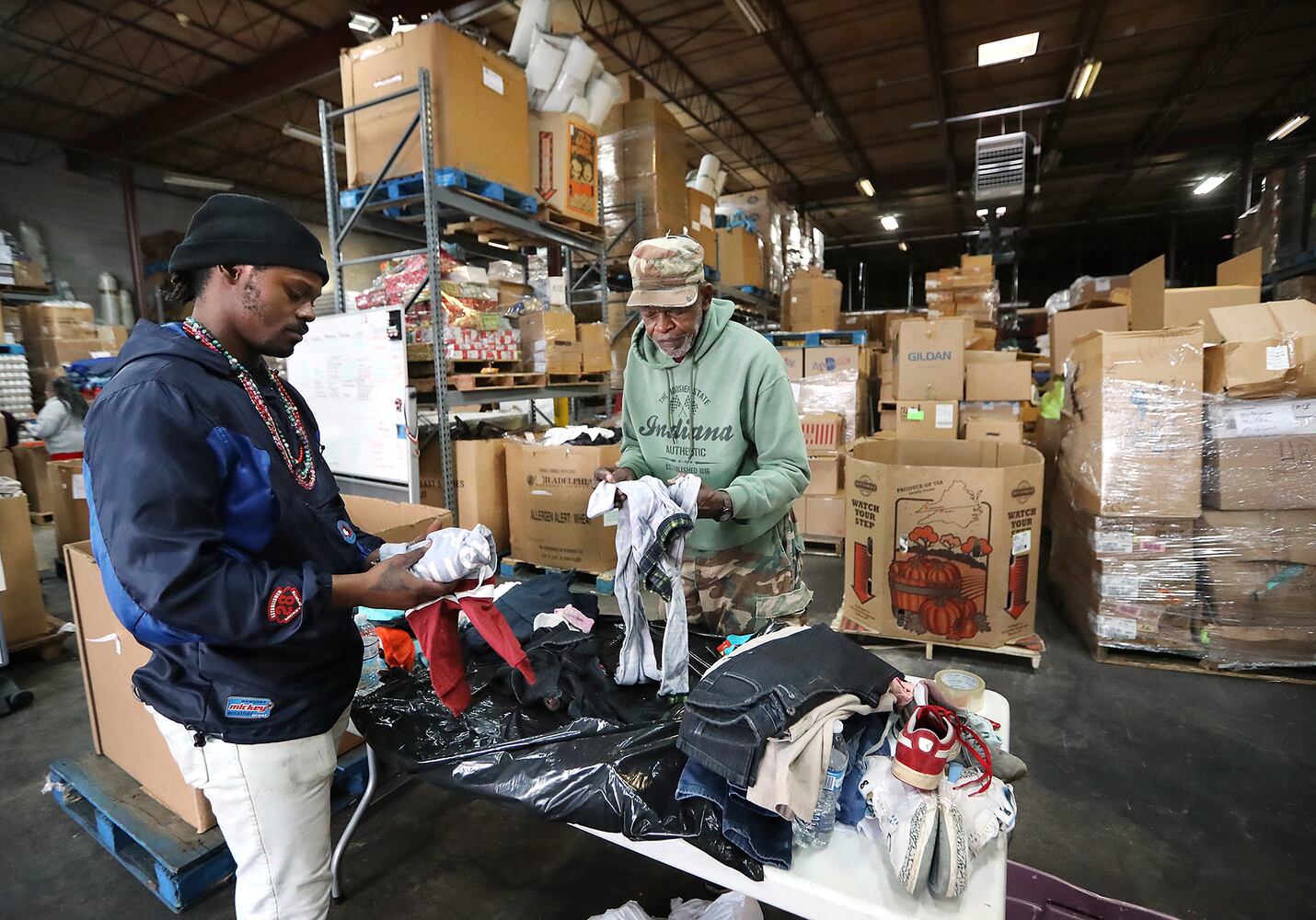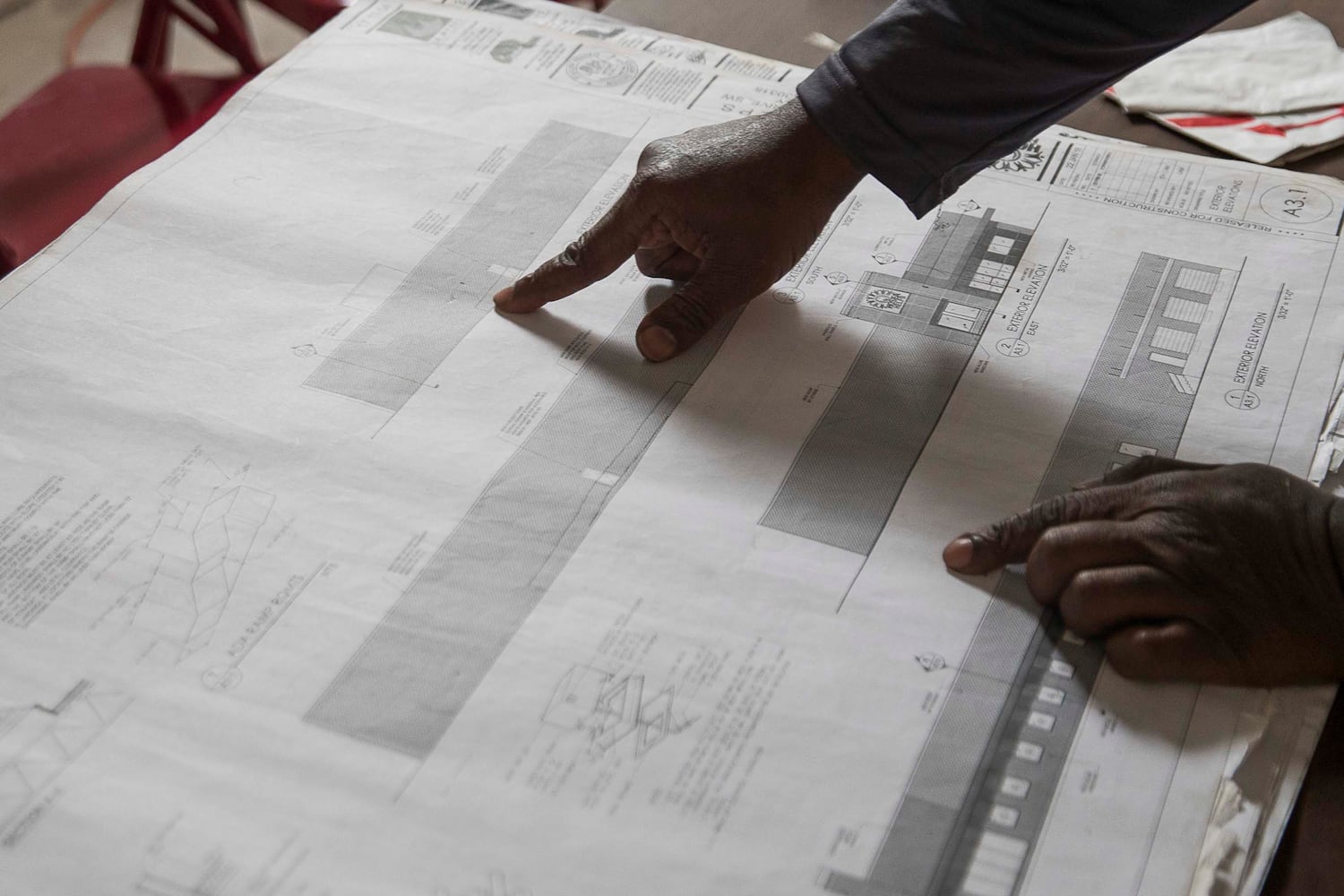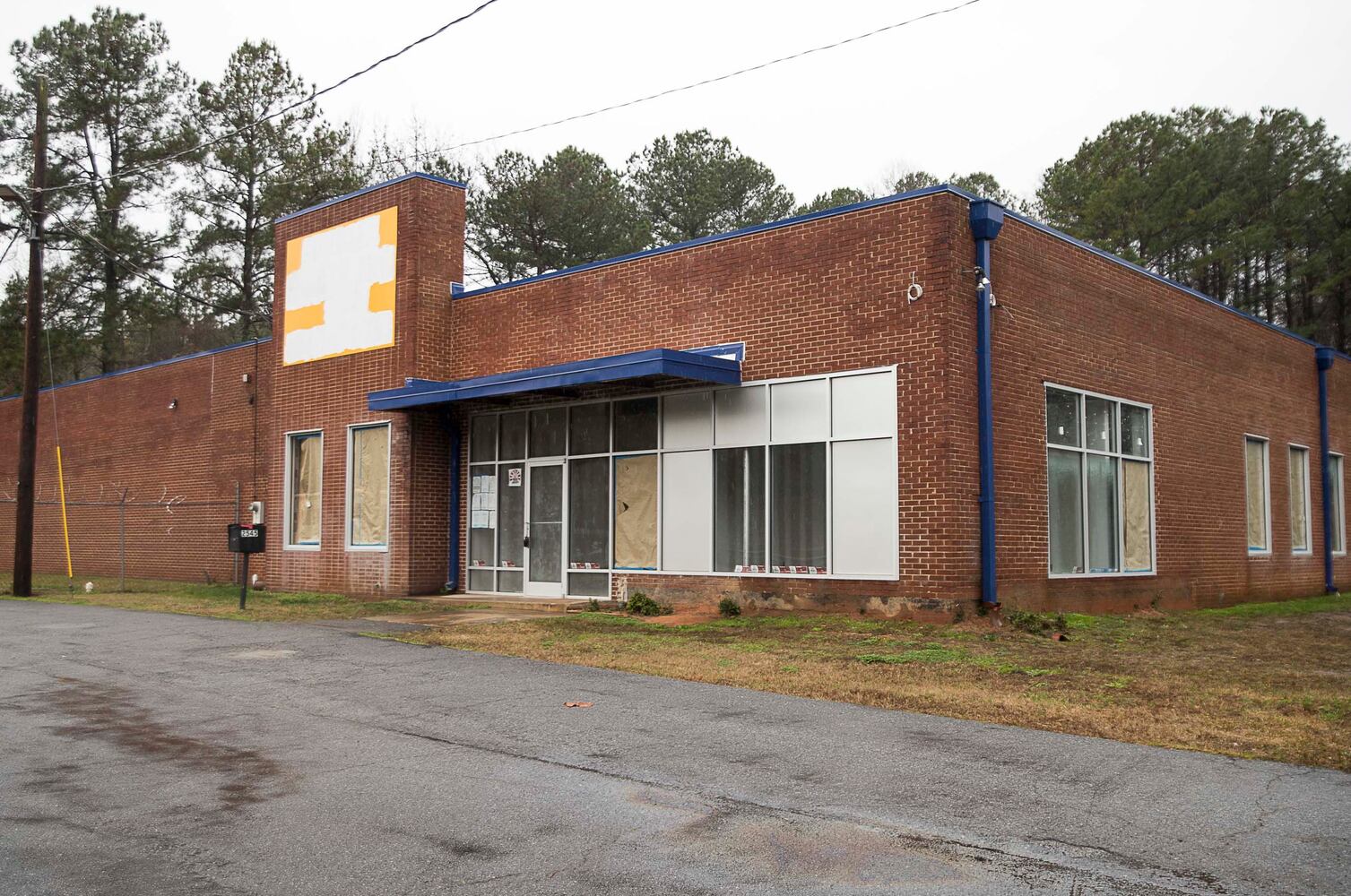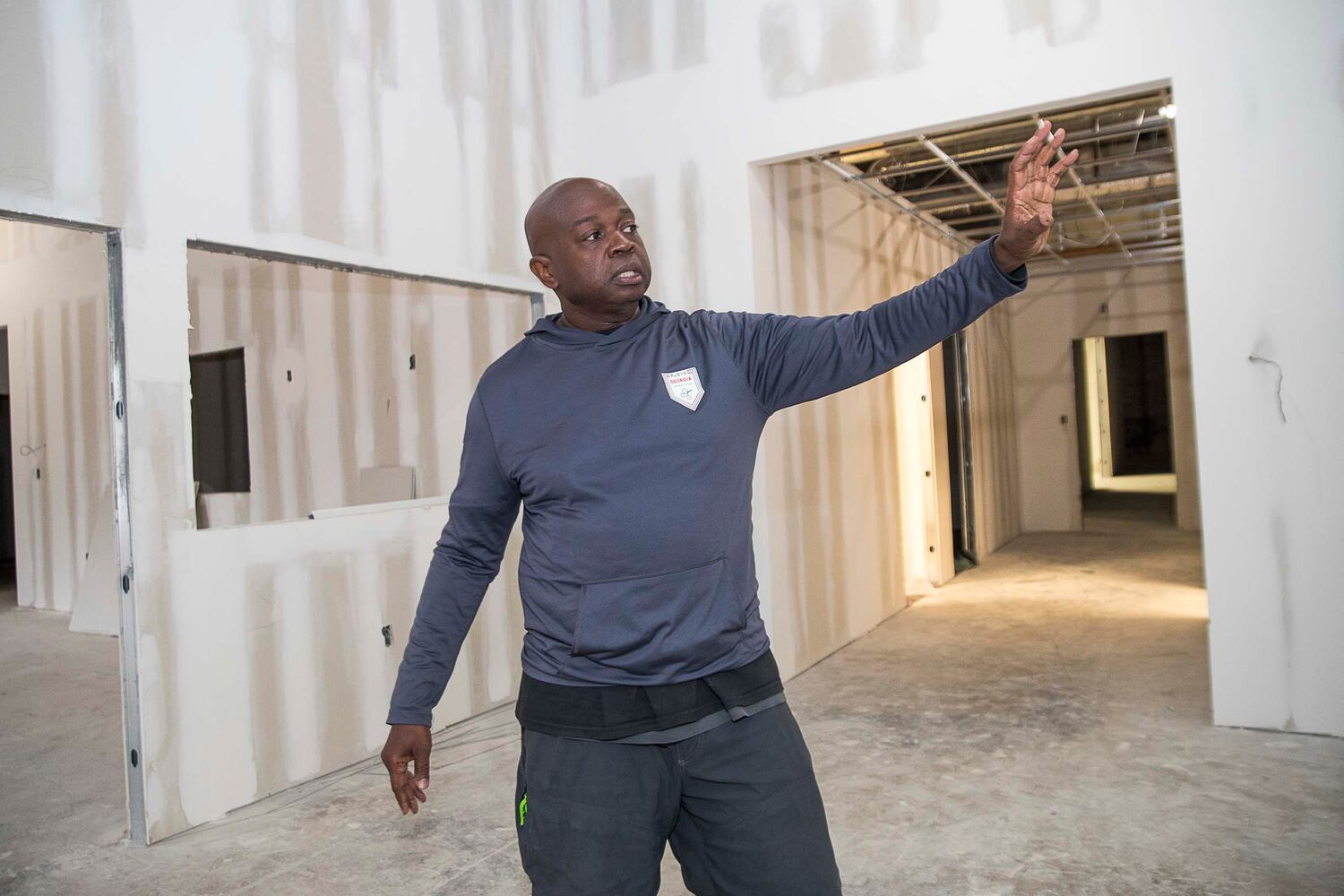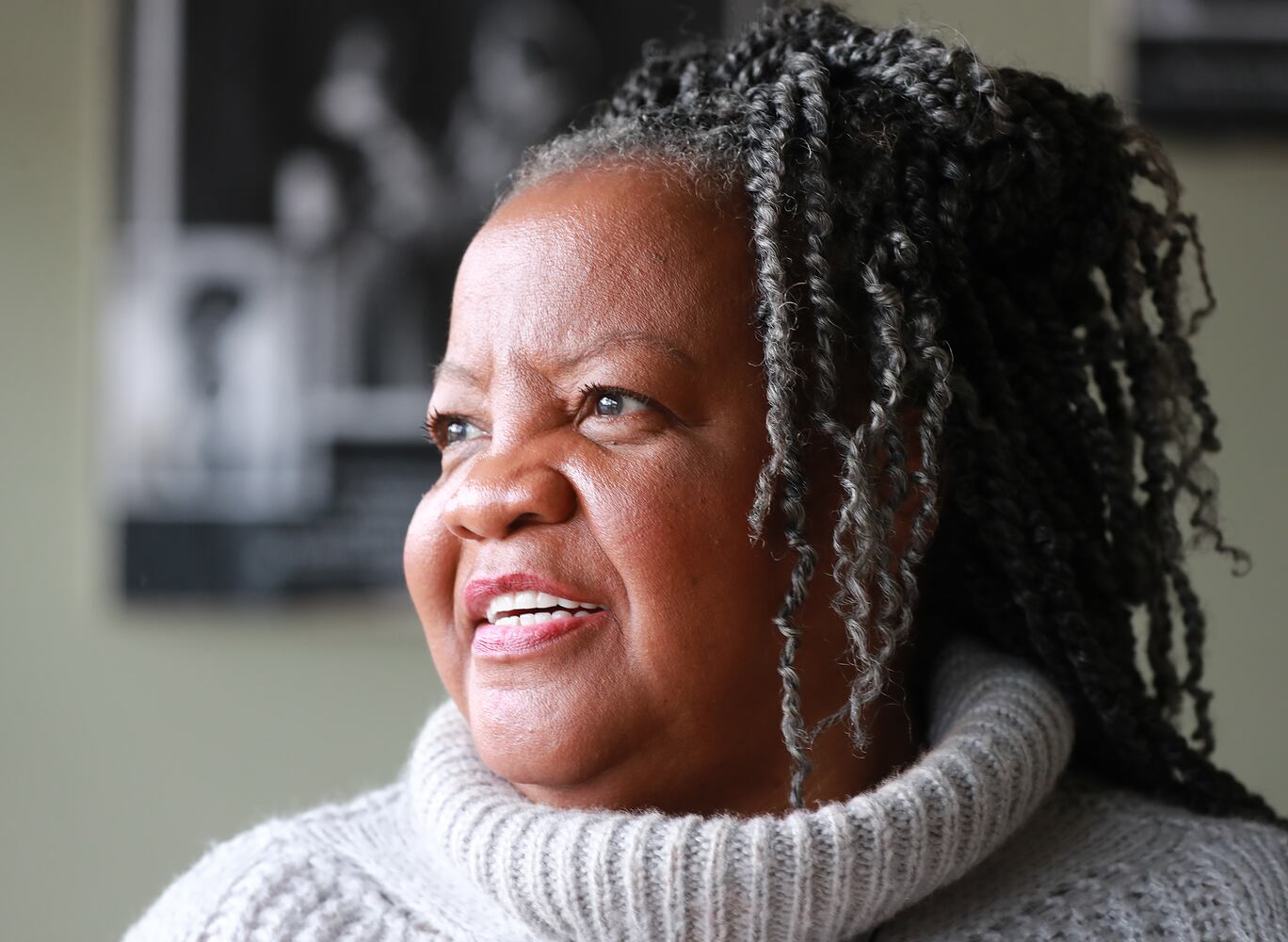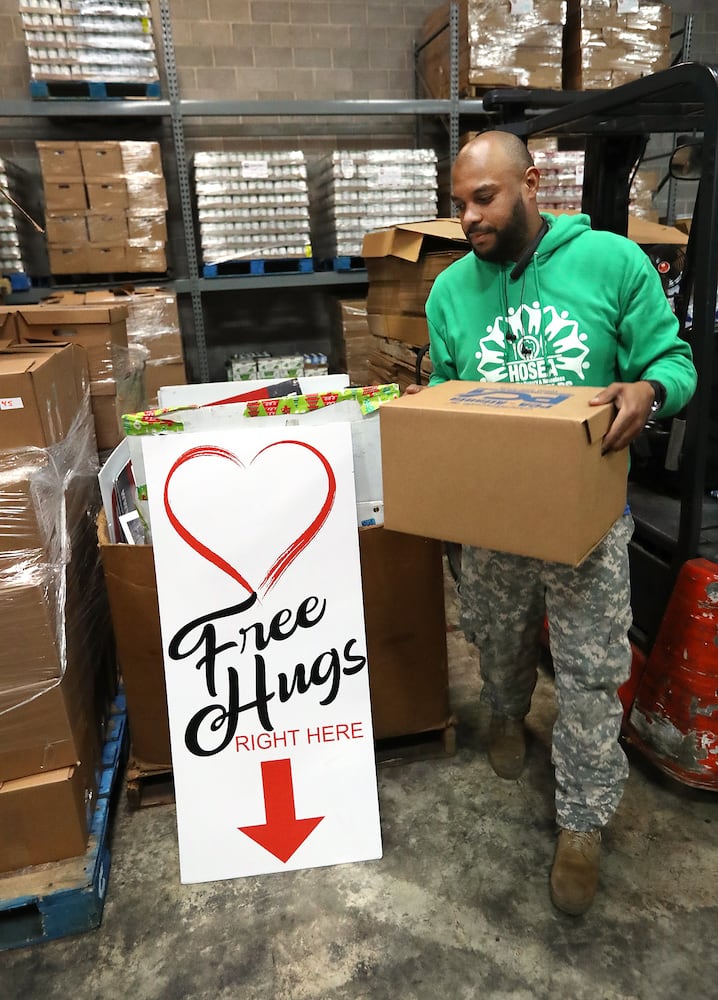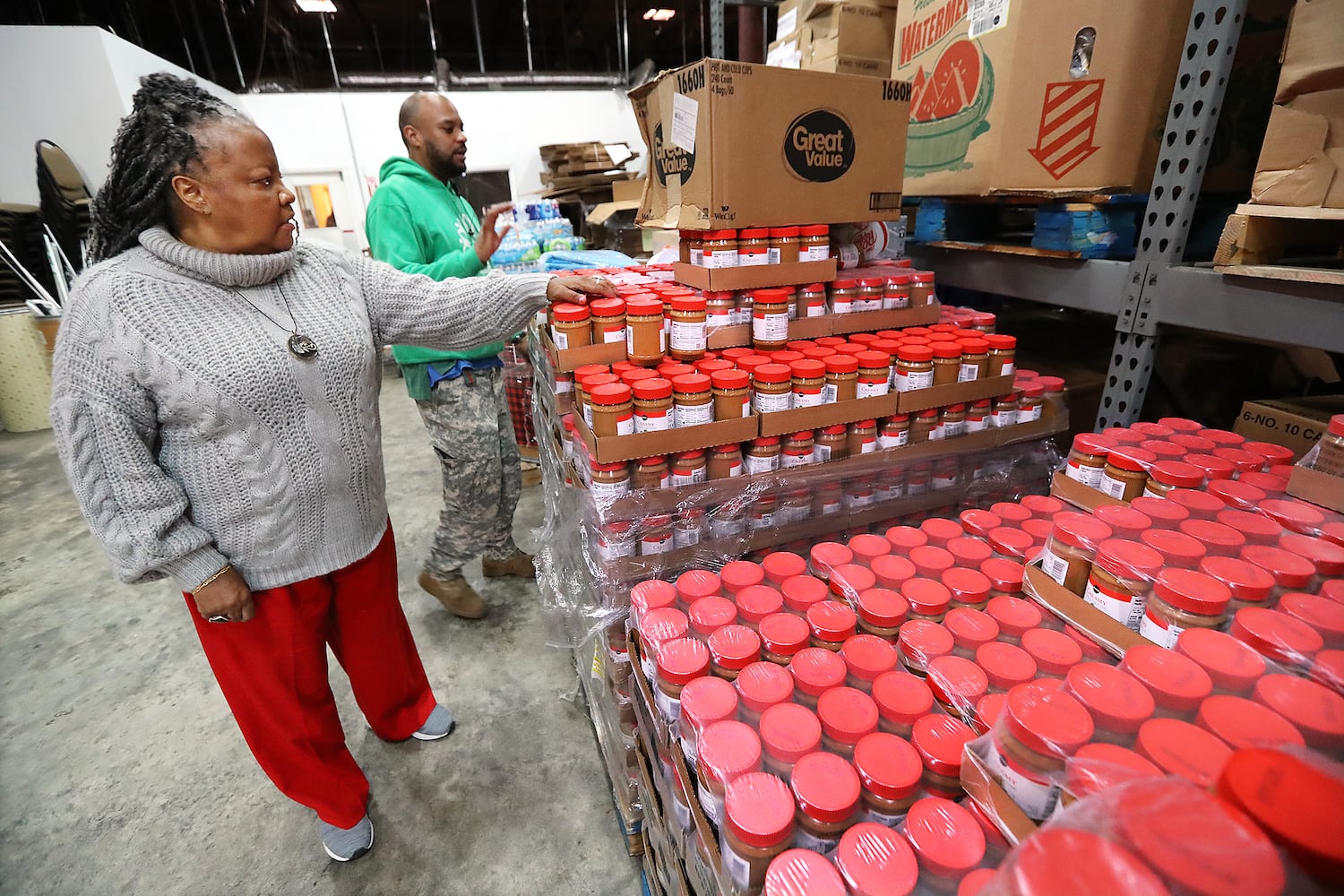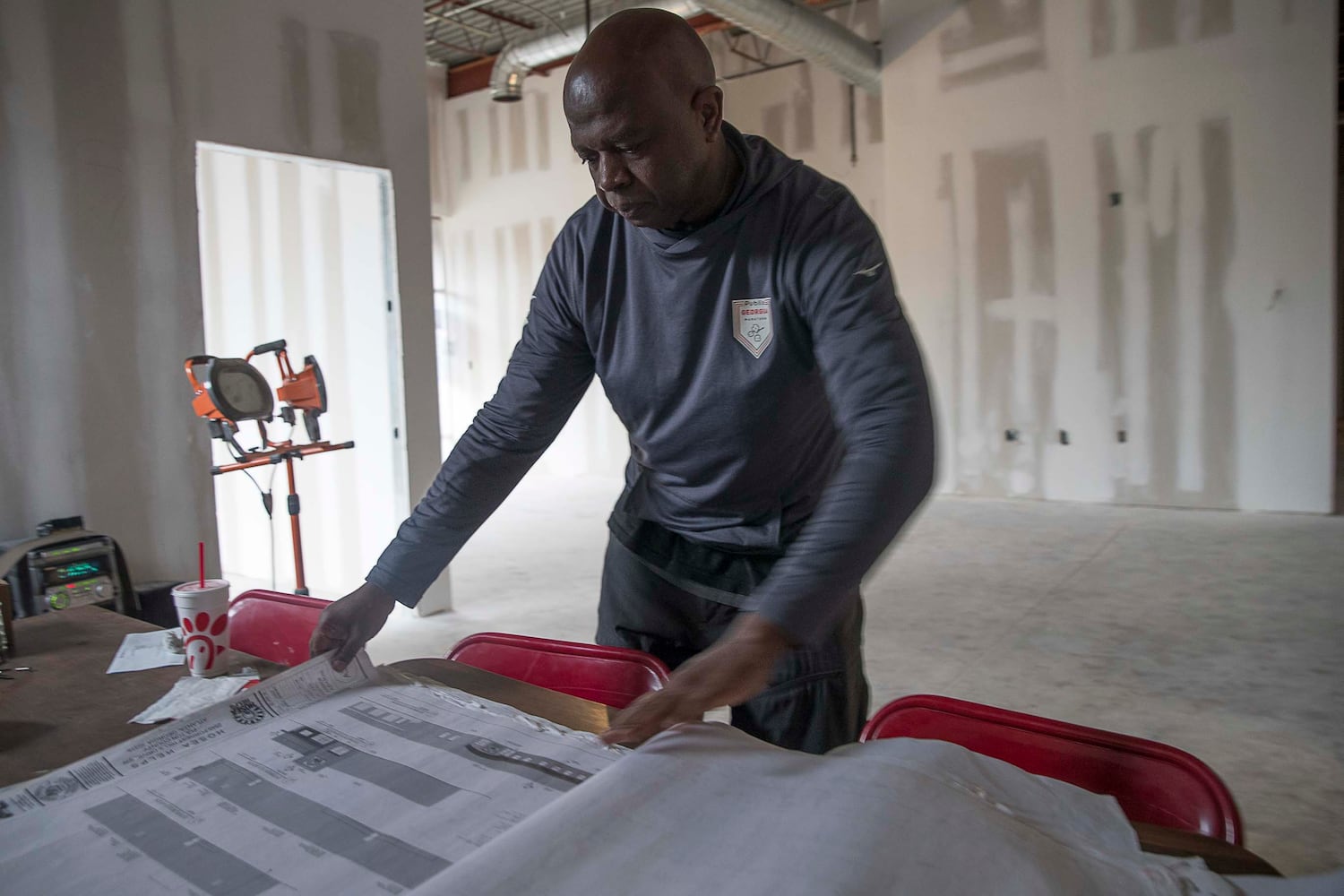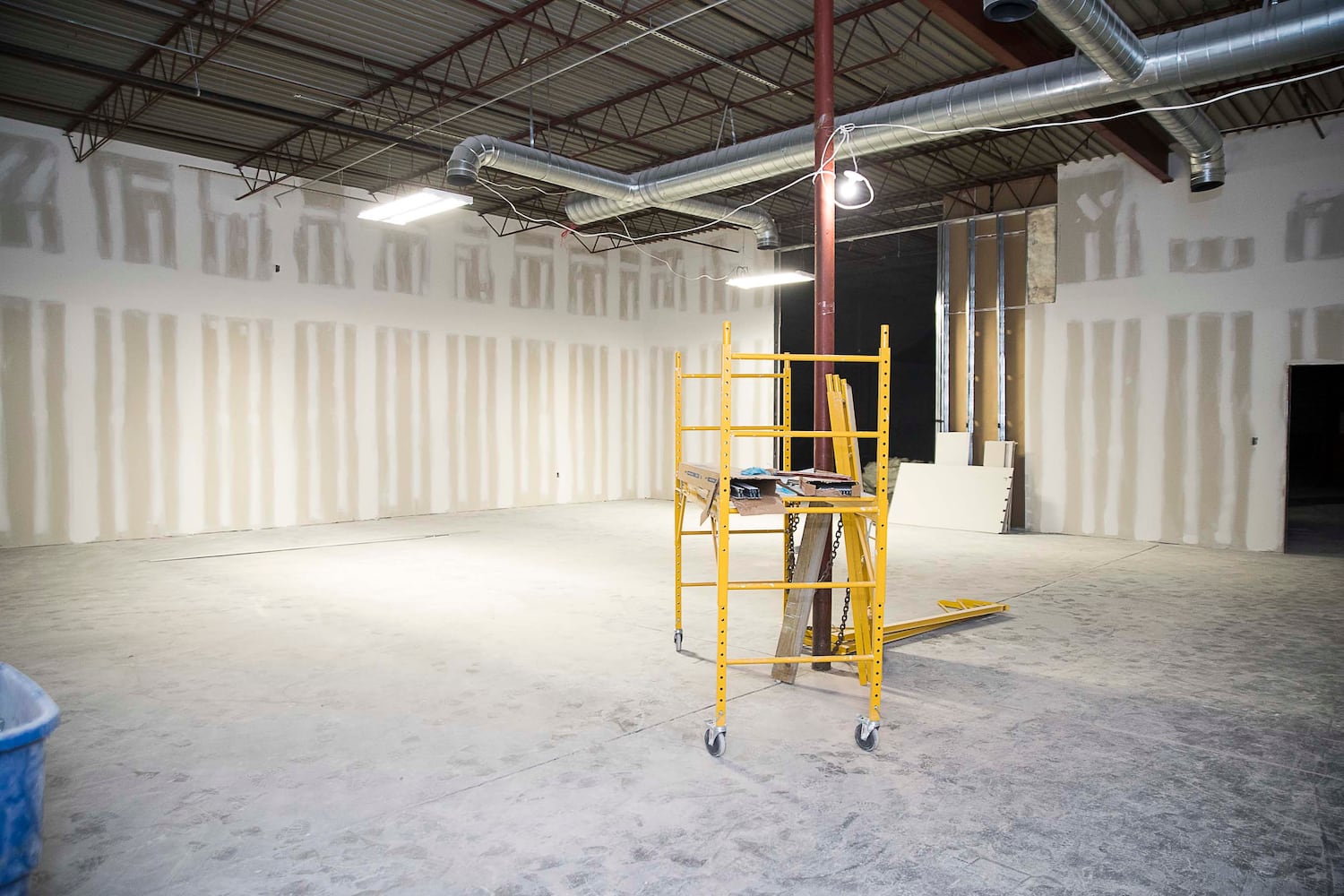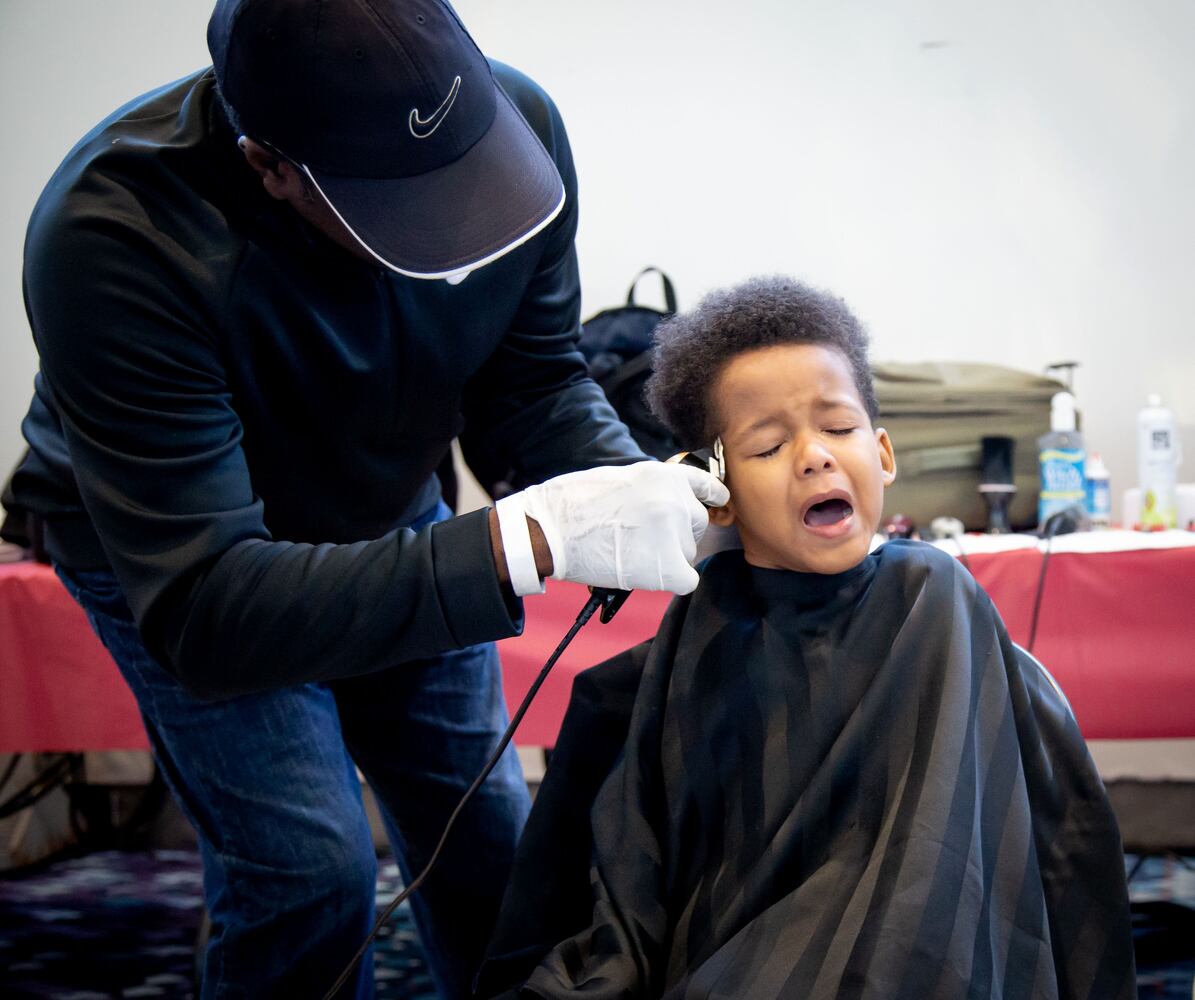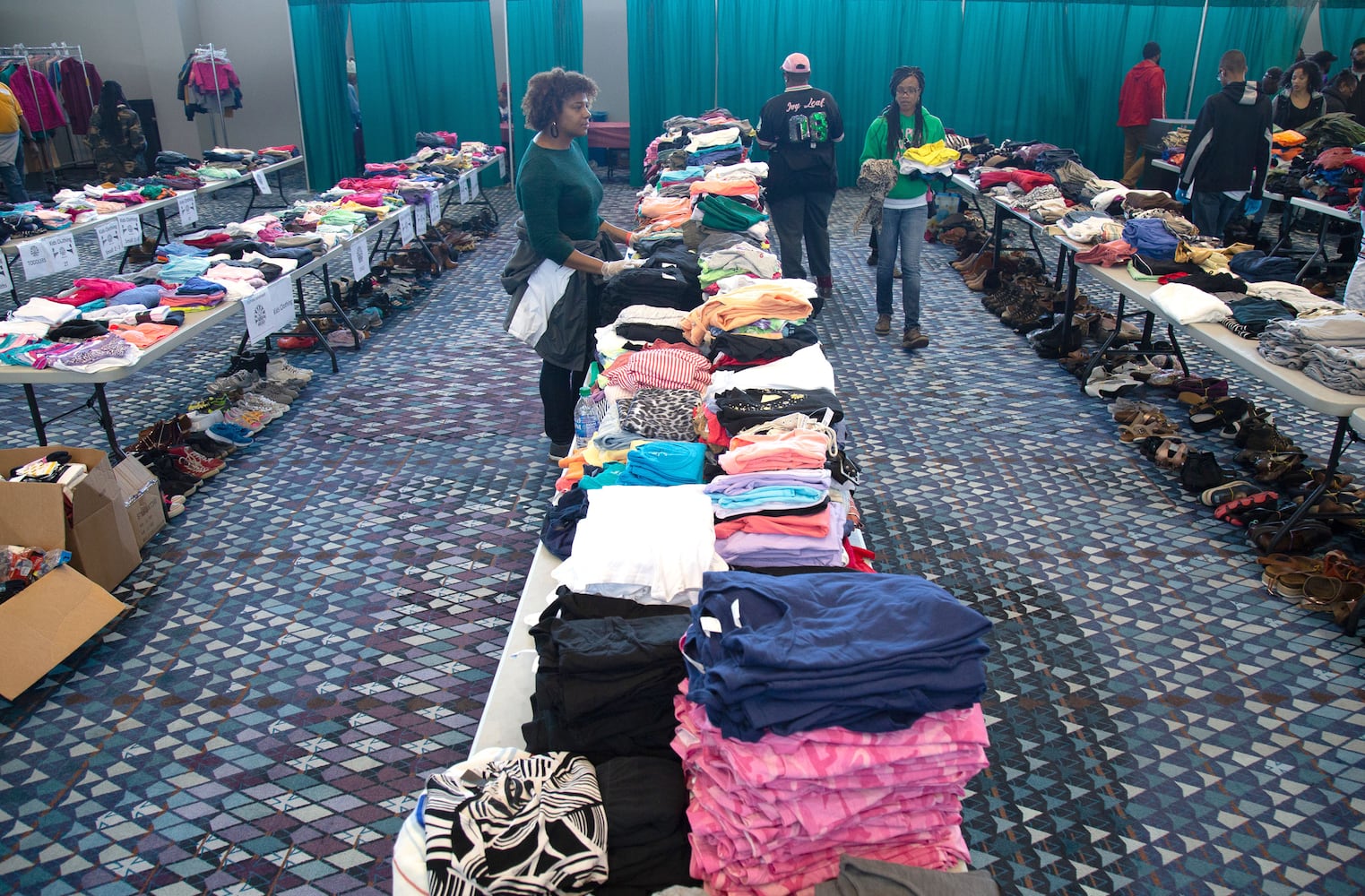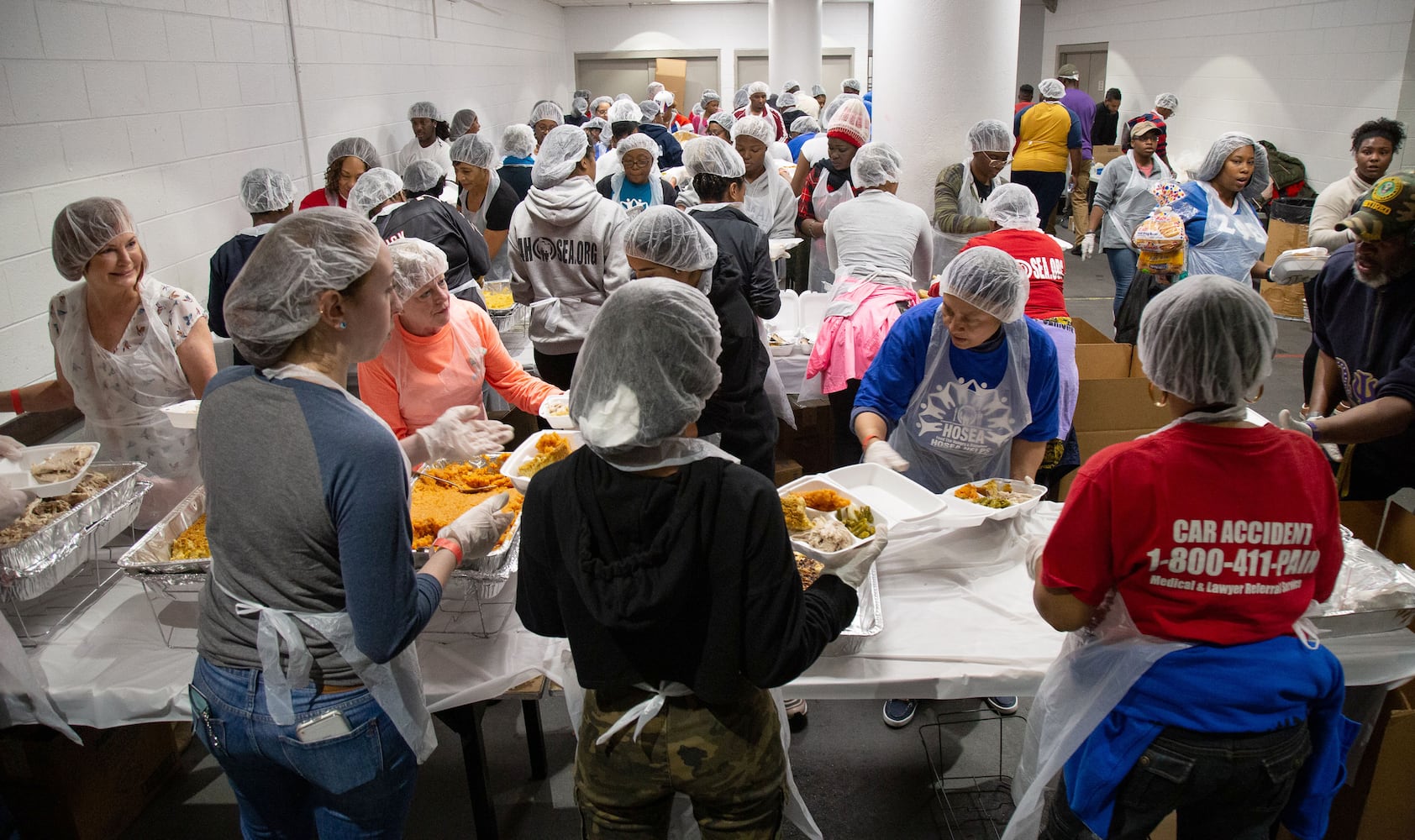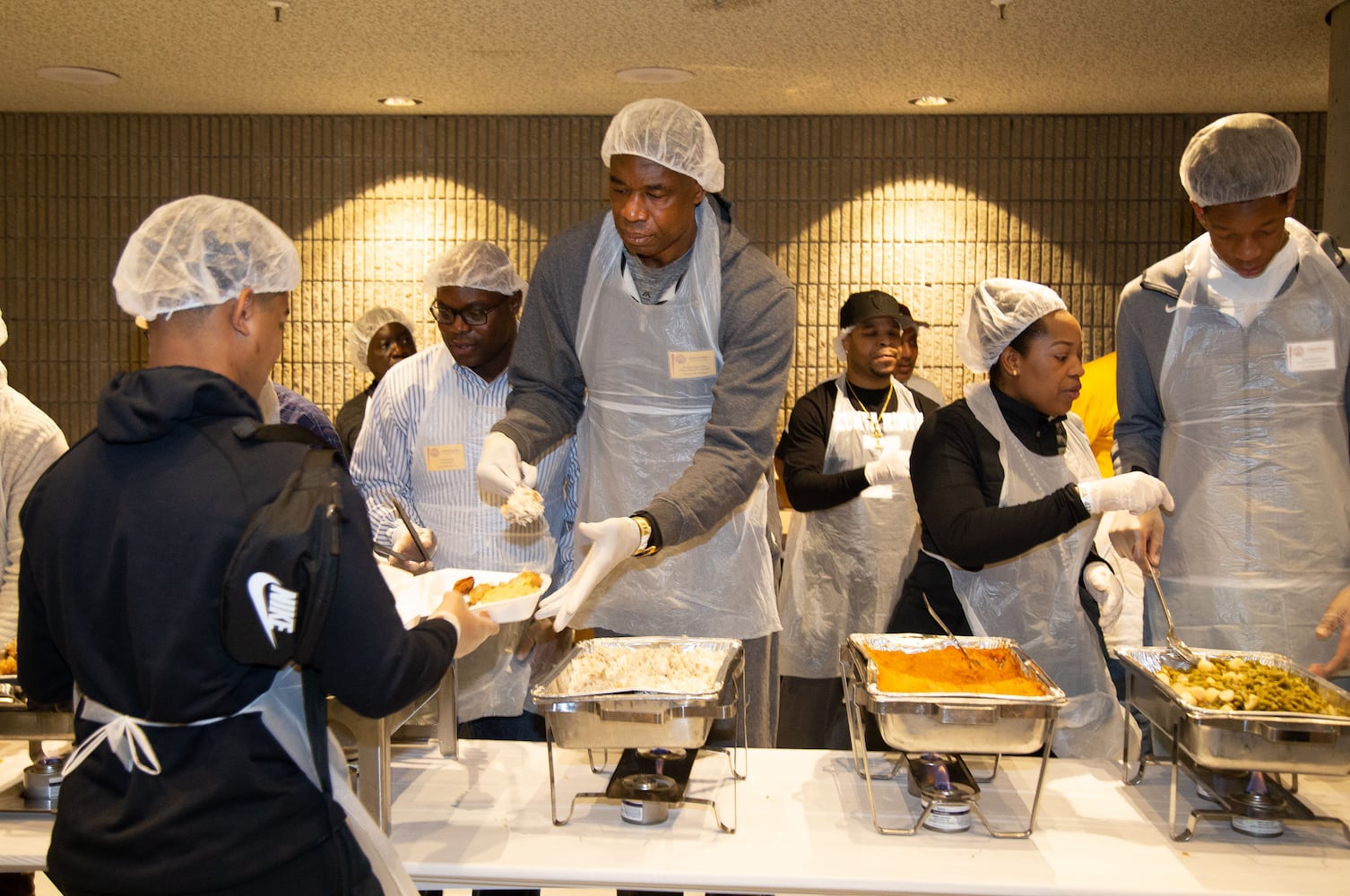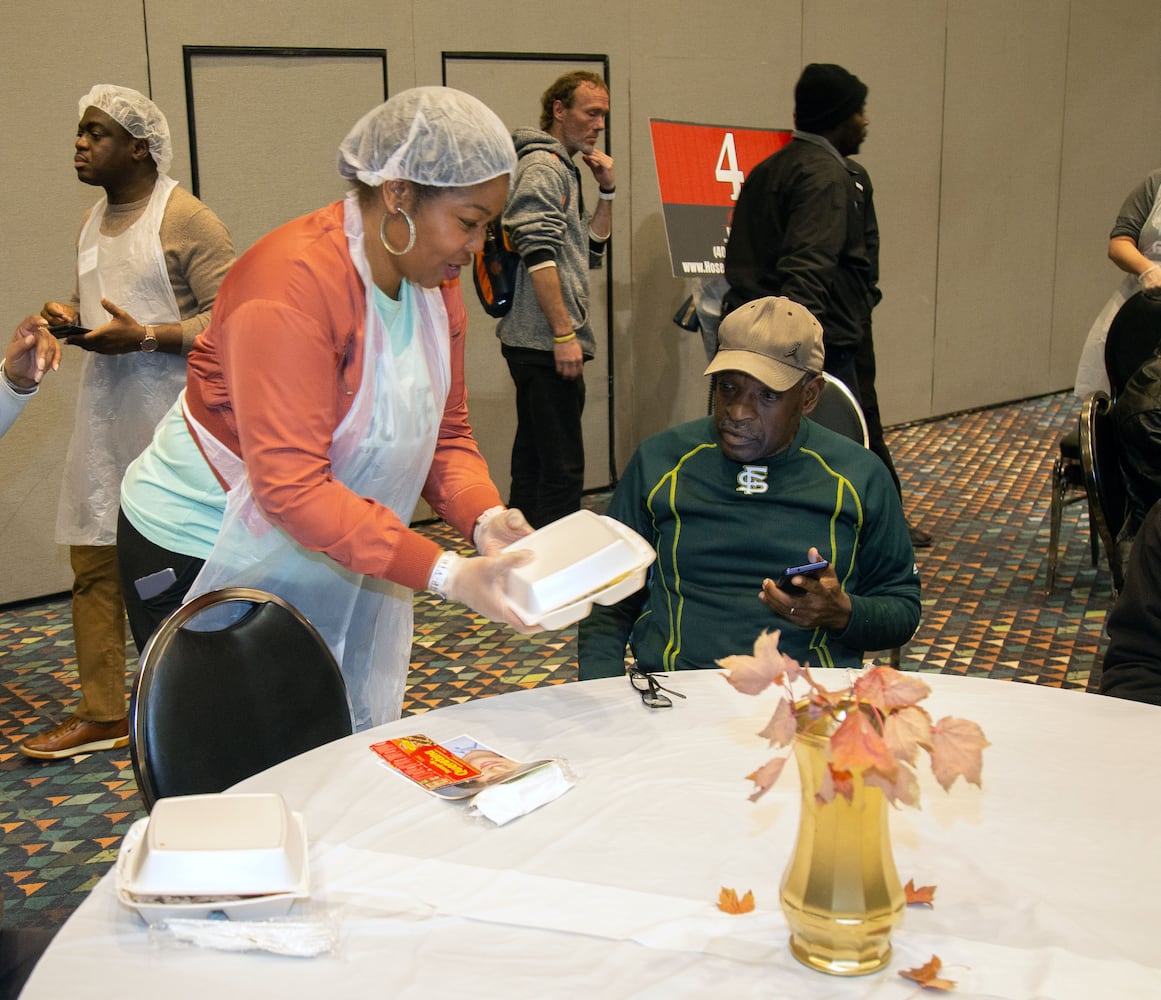On a cold, lonely holiday, Atlanta’s homeless can always count on Hosea Helps for a warm meal and a smile.
But now, the Atlanta-based organization formerly known as Hosea Feed The Hungry and Homeless is in need of help itself in order to complete renovations on its new building in the Perkerson neighborhood in southwest Atlanta.
Hosea Helps CEO Elisabeth Omilami said the organization has been operating in three different locations for the past year, paying $10,000 per month in rent. Besides the expense, the setup also has created communication issues between departments operating in different locations, Omilami said.
“The human services department will need product from the warehouse to give out and they’re in two different buildings,” she said. The human services department is located at 4779 Mindy Drive in northeast Atlanta; the warehouse, which holds the organization’s inventory, is located along Memorial Drive in DeKalb County. The third location on East Lake Drive in Atlanta houses administrative staff.
The new location would bring the organization’s kitchen, storehouse and a full-time staff of 17 back together in a 25,000-square-foot space. Renovation work began on the building in 2018. It’s now about 70% complete and is estimated to cost $2 million once it’s finished.
So far, the organization has raised $1.7 million to pay contractors but needs at least $300,000 more to finish the work. Omilami recently made a public plea to Atlanta City Council asking for funds to complete the work.
On Wednesday, the city’s finance/executive committee approved an ordinance authorizing the city to donate $180,000 to the nonprofit. According to Atlanta’s Chief Financial Officer Roosevelt Council Jr., the donation will come with conditions, but they were not divulged during the meeting. The city did not make Council available for comment nor respond to questions about where in the city budget the funds would be taken from.
In addition to the city’s contribution, councilmembers also donated an additional $23,500 taken from their individual discretionary funds. The councilmembers’ contribution will be earmarked to pay for programs, rather than the building fund.
City Council President Felicia Moore said there have been concerns about giving money to some organizations over others, but said Hosea Helps benefits metro Atlanta.
“It’s a vital part of the community for those who are in desperate need,” she said. “Getting them in a place where they can consolidate their efforts is only going to benefit the city.”
The city donated $200,000 to Hosea Helps in 2017. That year, the longstanding institution known for feeding Atlanta’s homeless and working poor moved from its longtime location in the West End after the landlord decided to sell the building, Omilami said.
“It was quite a shock for us, but it was a good thing,” she said. “We had really outgrown the building.”
Founded in 1971 by Omilami’s father the Rev. Hosea Williams, the organization began with 10 volunteers to feed needy Atlantans. It has since morphed into an institution that focuses on providing a range of services for Atlanta residents. Roughly 9,000 volunteers per year help more than 50,000 people annually, through meals, medical services, voter registration, job placement, and other services, Omilami said.
The charity traditionally hosts a Thanksgiving meal for the needy and last year served 3,000 people and also provided shoes, clothes, and haircuts among other services.
After Williams’ death in 2000, Omilami said the organization expanded its efforts to include job assistance, social services, and homeless prevention.
“The needs of the community defined our program,” she said. “We just began to build on that with food and nutrition as the center.”
The organization has struggled with financial issues, which raised questions about its management structure. In 2012, the organization needed to raise $100,000 to avoid an emergency despite having just received a $56,000 donation, The Atlanta Journal-Constitution reported at the time. The organization’s tax forms also revealed a steep decline in revenue while incurring high costs.
An AJC analysis of the organization's finances in 2012 revealed there was no long-term business plan that would provide stability and raised concerns about the number of Williams family members on the organization's board. Currently, there are two relatives on the board, Omilami and her husband Afemo, who is also Hosea Helps' chief operations officer.
Asked if the charity’s past financial struggles may be why the city’s donation will come with conditions attached, Omilami said she did not know.
For the fiscal year ending June 30, 2018, Hosea Helps earned $2.3 million in revenue but had $2.5 million in expenses, according to tax forms containing its financial information. The filing also shows nonprofit had $1.1 million in the bank.
Moore noted the nonprofit was beneficial to her district in northeast Atlanta during the 2009 flooding.
“I didn’t have to call and ask,” she said. “They were there for a week-and-a-half, almost two weeks. That’s the kind of assistance we need when residents are in need.”
Despite the recent difficulties the organization has faced, Omilami said they’re still a force in Atlanta and are set to hold their Martin Luther King Jr. dinner for 3,500 people on Monday inside the Georgia World Congress Center’s Thomas Murphy Ballroom.
Omilami said the city’s support will help them continue their work.
“They understood and understand that you have to have the nonprofit communities stand in the gap for working poor communities, homeless people and seniors, who are coming out by the droves,” she said.
About the Author
Keep Reading
The Latest
Featured
